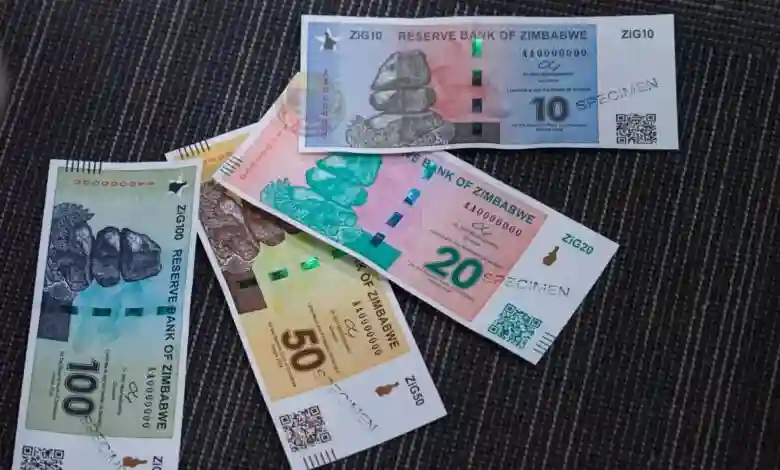Reserve Bank of Zimbabwe (RBZ) deputy governor Innocent Matshe said that the central bank is in the process of applying for an International Organisation for Standardisation (ISO) code for the Zimbabwe Gold (ZiG) currency as it moves to make the unit a stand-alone currency, reported NewsDay.
ISO currency codes are three-letter alphabetic codes that represent various currencies used worldwide. These codes are essential for currency trading and international settlements.
When combined, they form the symbols and cross rates used in financial transactions. For instance, USD stands for the United States Dollar, EUR represents the Euro, and JPY denotes the Japanese Yen.
The ISO currency code for the defunct Zimbabwean dollar was ZWL.
Speaking at a breakfast meeting hosted by the Zimbabwe Economics Society in Harare on Tuesday, Matshe said:
According to our economic strategy, we believed that the success of our currency, ZiG, would depend on a limited management system, maintaining a tight monetary policy stance, controlling money supply and creating demand for the domestic currency.
This would demonstrate policy consistency, build trust in ZiG and facilitate effective communication. Let me confirm that ZiG is indeed a standalone currency.
We are currently in the process of applying for an ISO code and we expect no deviation from our initial protection policies.
Matshe claimed that Zimbabwe’s economy has been growing despite exchange rate fluctuations and inflation. He said:
It is essential to have an affordable base currency. We cannot sustain a dual currency situation indefinitely. Zimbabwe’s economy has been growing despite past instabilities, including currency fluctuations, exchange rates and inflation. However, we need to address these issues.
Matshe also pointed out that it was critical to include all sectors in currency reform, including those outside the traditional financial and banking sectors. He said:
The introduction of ZiG aimed to end the instability and create a standardised currency. Without robust reforms, our economy would not have grown significantly.
We need a framework that harnesses the potential of all sectors, including those outside the traditional financial and banking sectors.
Inclusivity is crucial and we must understand that digital finance is essential for a 21st-century economy.
We have made progress in electronic financial activities, but we need to think seriously about digitalisation.Certainty and stability in times of crisis allow for long-term planning and investment, which is key to industrialisation.
More: Pindula News

